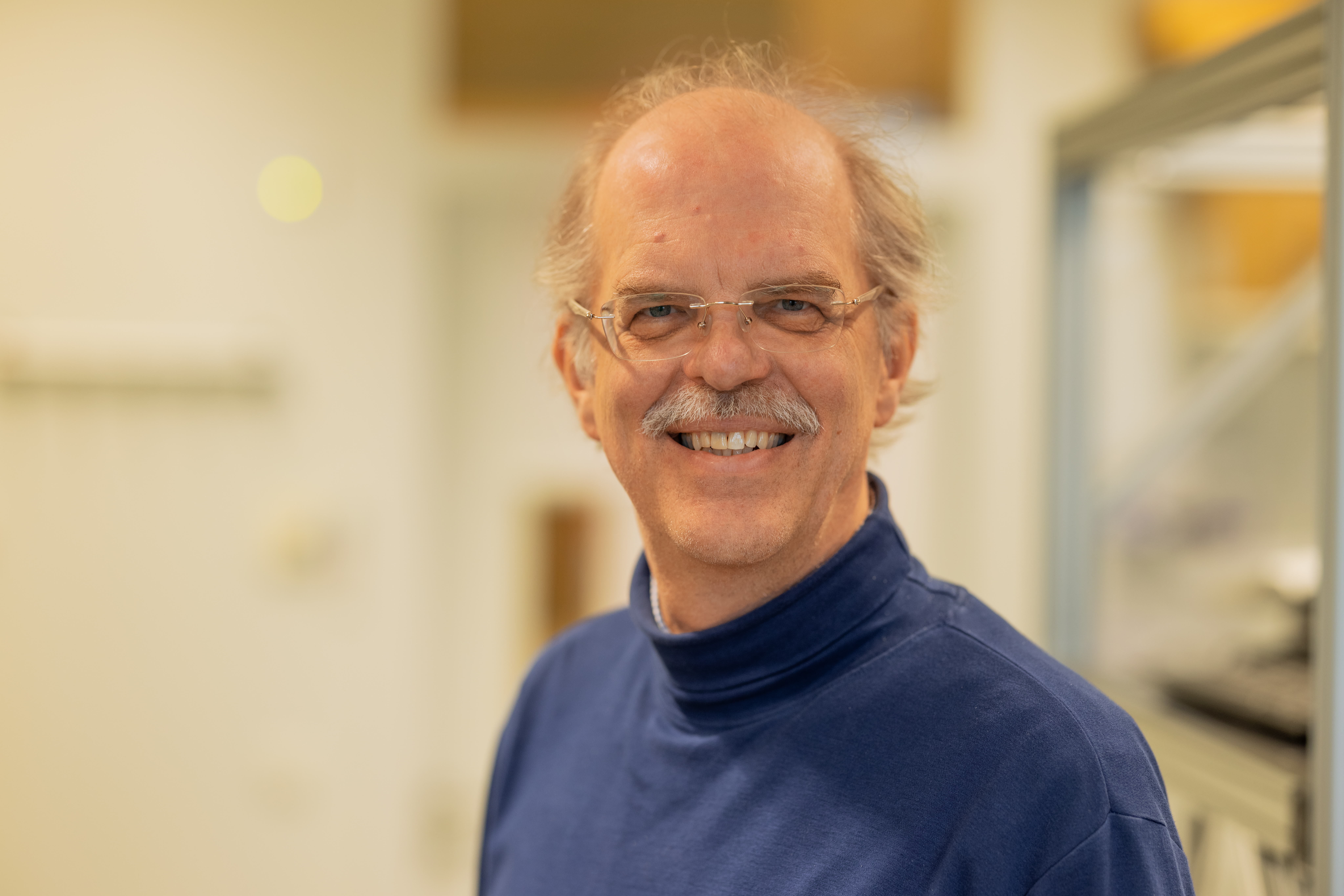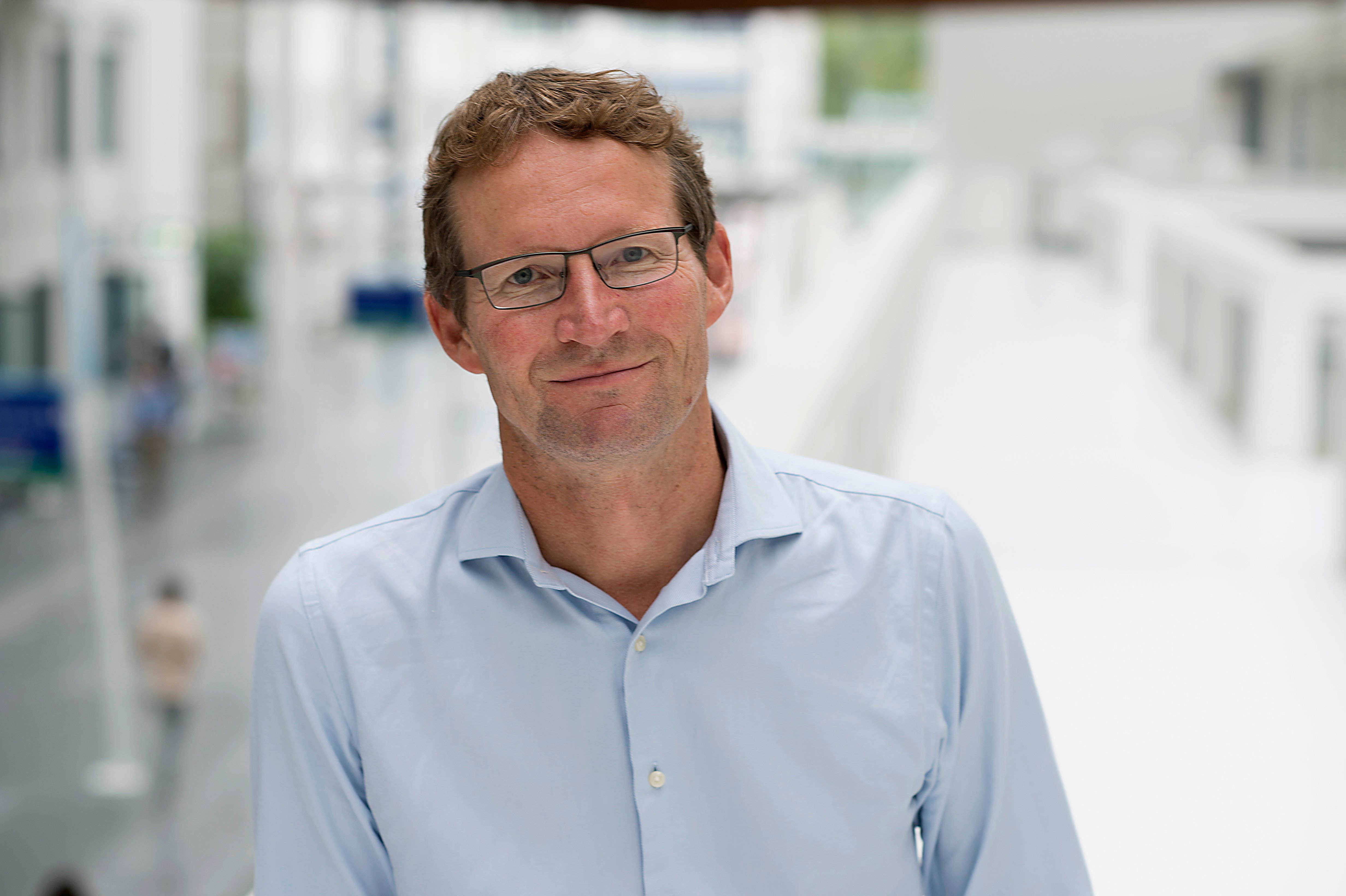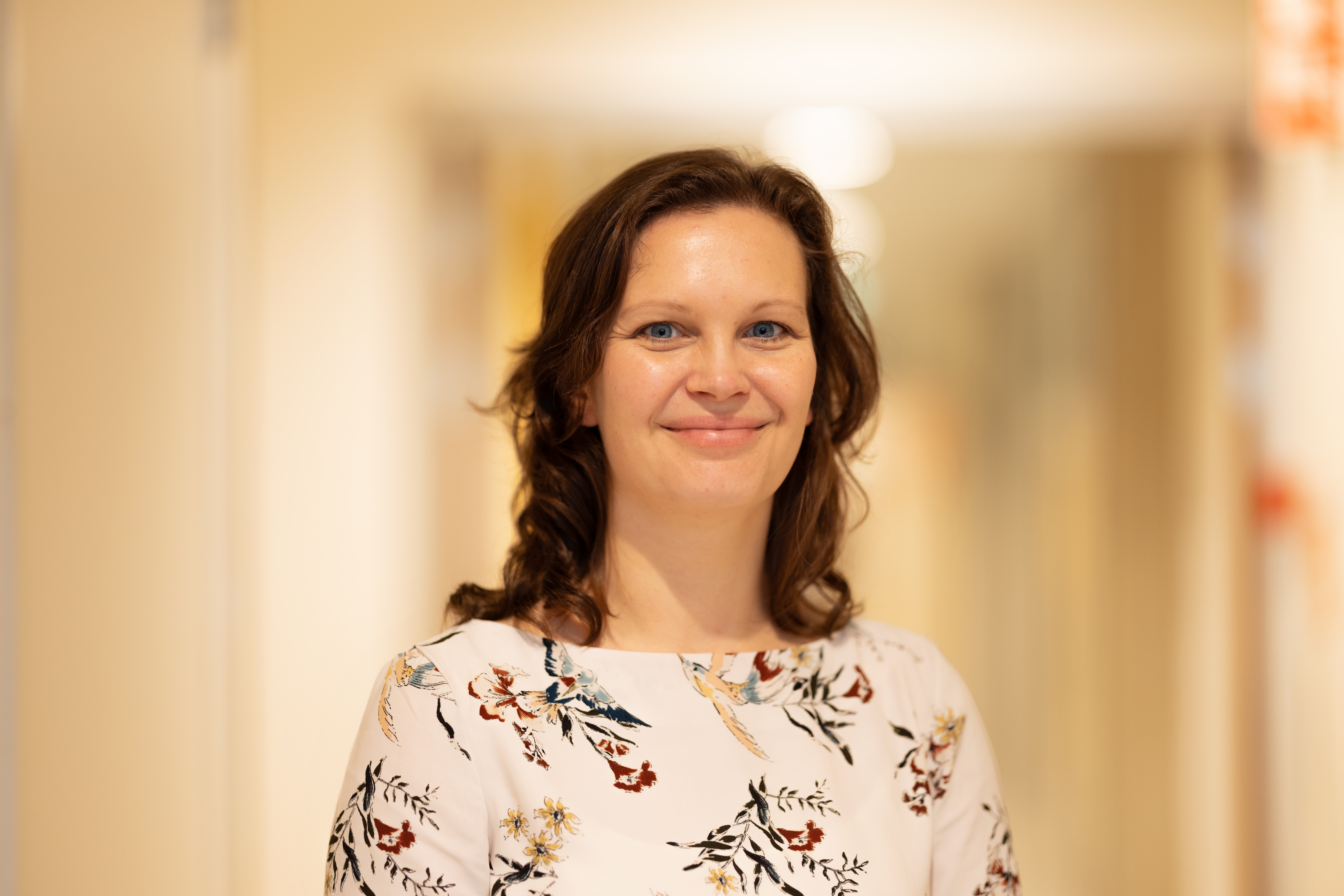Academic Pharma
Vision & mission
Our vision is a greater involvement of academia in the discovery and development of new and repurposed medicines. We believe biomedical and chemical research in academia generates a lot of novel insights that are worth to further develop in safe and effective medicines. This can be achieved by bringing fundamental, translational and clinical researcher together and collaborating with stakeholders in the field of drug development like the University of Leiden, CHDR and the Leiden Bio Science Park. Our mission is to create an optimal environment to support the process of delivering drugs to the market and to the patient, including drugs that are less appealing to the pharmaceutical industry.
“In Leiden all expertise and facilities for design, development and testing of new innovative medicine are present.”
About us
Jacques (Sjaak) Neefjes, Professor of Chemical Immunology
Jacques (Sjaak) Neefjes is Professor of Chemical Immunology and head of the Department of Cell and Chemical Biology. Understanding the working mechanism of anti-cancer medicine is one of his research focuses. This knowledge contributes towards the improvement of medicines and/or diminishing of the toxic effects they have. Neefjes’ team recently discovered that chemically changing the chemotherapy doxorubicin makes it less cardiotoxic. Under Academic Pharma, the new N,N-dimethyldoxorubicin compound is now being developed further.
Click here for profile Sjaak Neefjes
Teun van Gelder, Professor in Clinical Pharmacology
Teun van Gelder was trained in internal medicine, nephrology an clinical pharmacology. Ever since, he has been involved in the clinical development of several innovative drug and in developing personalized treatment strategies, based on novel therapeutic drug monitoring strategies and on clinical implementation of pharmacogenetics. Teun is professor in clinical pharmacology, in particular drug discovery & development at the LUMC.
Click here for profile Teun van Gelder
Laurel Schunselaar, Postdoc researcher 
Laurel Schunselaar works as a post-doc at the LUMC. With her background in technical medicine she gained experience in both fundamental, translational as well as clinical research. She leads multiple projects within Academic Pharma, where she is responsible for outsourced non-clinical research and setting up clinical studies. In addition, she interacts with regulatory authorities and ethics committees to support the desired indication and market approval.
Subthemes
The development of new medicinal products involves many aspects, on which we based our subthemes.
Collaborations
Opportunities
Contact
Email: academicpharma@lumc.nl